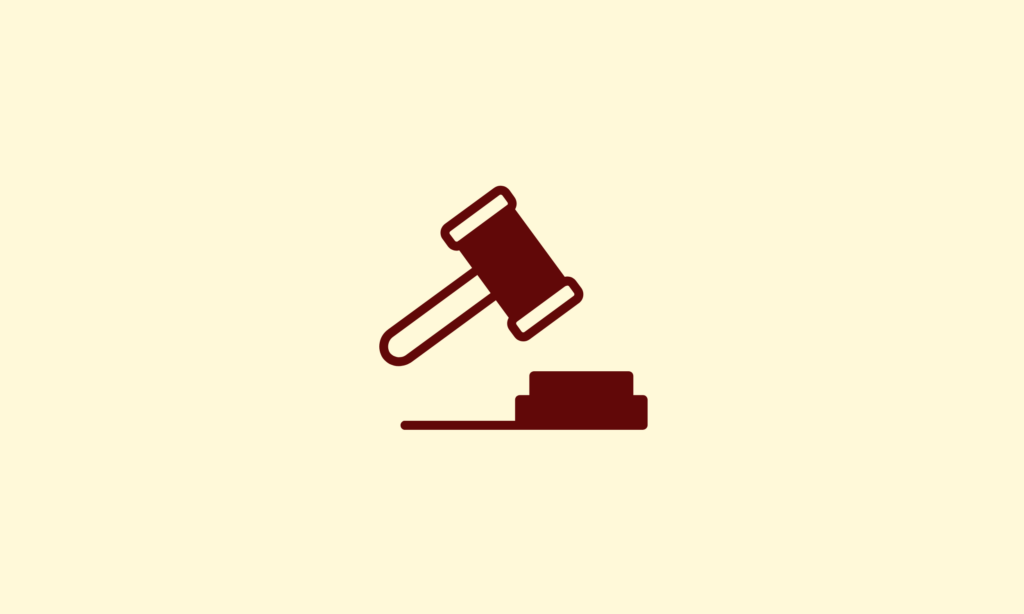Ethics and anti-corruption
Transparency, accountability
and zero tolerance
for corruption are fundamental
principles in our work.

The common denominator for all the work Caritas does - nationally and internationally - is that we help vulnerable people living in poverty and other challenging situations. We therefore work continuously to prevent conditions that contribute to corruption, human rights violations, harassment, discrimination and the like.
Ethical awareness and high professional quality are at the heart of our work. In order for all those we help, our partners, volunteers and donors to continue to trust us, it is crucial that the organization's credibility is maintained.
As part of the international Caritas federation, consisting of 160 member organizations worldwide, we follow common ethical standards. The most important for Caritas Norway are:
- Caritas Internationalis - Code of Ethics & Code of Conduct for Staff
- Caritas Internationalis Management Standards
- Caritas Internationalis - Complaints Handling Mechanism Policy and Procedure
- Caritas Internationalis - Anti Harassment Policy
- Caritas Internationalis - Children and Vulnerable Adults Safeguarding Policy
- Caritas Norway - Sexual Exploitation, Abuse and Harassment Policy
- Caritas Norway - Gender Equality Policy
- Caritas Norway - Climate Change Policy
- Caritas Norway - Disability Inclusion Policy
- Caritas Norway - Anti Corruption Policy
In addition, we are committed to following international conventions, principles and standards such as
We have zero tolerance for all forms of corruption, misconduct and abuse of power in our own organization and among our partners. We work continuously to strengthen and improve our control and whistleblowing procedures. Our anti-corruption policy is aimed at employees, volunteers and everyone who represents Caritas in various ways. It also applies to partners, individual employees in partner organizations and suppliers.
Caritas works in countries characterized by corruption and economic instability. The solution is not to withdraw, but to support and strengthen local forces working to eliminate corruption and create development.
- Avoid situations and relationships where corruption may be suspected.
- Prevent corruption through clear rules, employee training and transparency in the administration, as well as paying attention to irregularities.
- Promote zero tolerance and eradication of corruption.
- Require managers to promote anti-corruption at all levels and consistently sanction cases of corruption and irregularities.
Everyone associated with Caritas Norway is obliged to comply with Caritas Norway's ethical standards. Separate guidelines have been drawn up for our anti-corruption work, which our partners and suppliers are obliged to comply with. All employees are obliged to immediately report any suspicion or violation of Caritas Norway's ethical standards.
We work continuously to strengthen our control and whistleblowing procedures and to prevent and expose corruption, misuse and abuse. Anyone who experiences or suspects misconduct is encouraged to report it. If the problems cannot be resolved through internal dialog at Caritas Norway, a report can be sent to our digital whistleblowing channel - Caritas External whistleblowing .
A report goes to the Secretary General of Caritas Norway and is processed by a committee of three people appointed by the board of Caritas Norway.
Read more about Caritas Norway's whistleblowing routines here.
Collected and allocated funds are managed according to strict requirements from Norwegian authorities and international accounting and auditing standards. Caritas is a member of Innsamlingskontrollen and registered in the Fundraising Register. Organizations that are approved as members undertake to submit to external control and follow specific accounting rules and ethical guidelines for fundraising.
Caritas Norway is covered by the Transparency Act and reports on this in accordance with the "Act on business transparency and work with fundamental human rights and decent working conditions". The Transparency Act is intended to promote respect for human rights and ensure decent working conditions, and to provide the public with access to information.
The duty to provide information came into force on July 1, 2022. This means that anyone can demand information about how Caritas Norway handles actual and potential negative consequences.
Violations or possible violations of human rights, our ethical standards or indecent working conditions in Caritas Norway, with our partners or suppliers can be reported via Caritas Norway's whistleblowing channel.